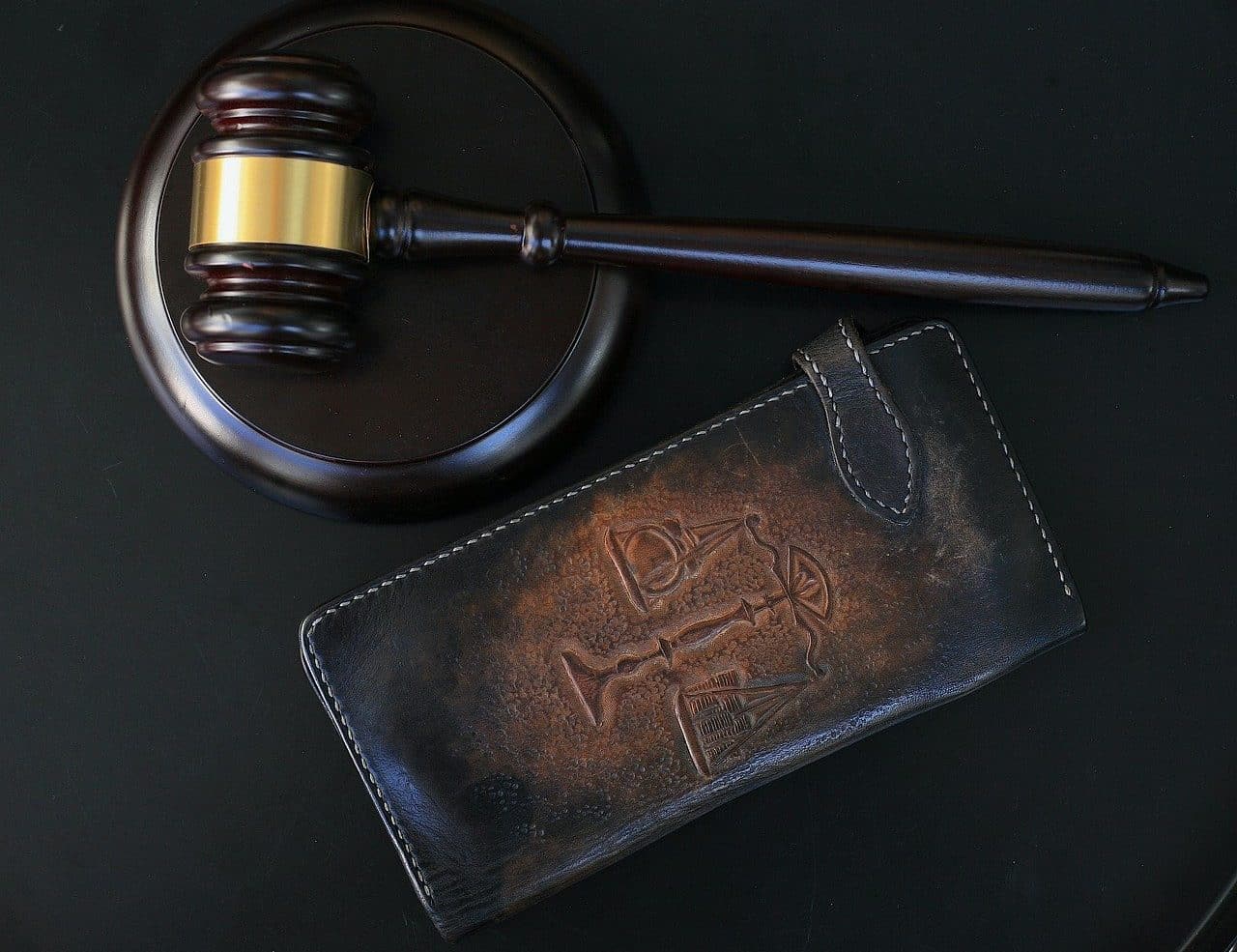
A solicitor can sign a court notice.
A solicitor is an individual who is empowered or enabled to procure : that is, to carry out certain proceedings or obtain something. The term is used in different ways depending on the context.
The most common use of the concept occurs in the field of procedural law . A solicitor, in this sense, is a professional who is responsible for the legal representation of one of the parties involved in a trial before the courts or tribunals.
Attorney's role
The attorney is a graduate or doctor of Law who specializes in judicial procedure and who, through a power of attorney, assumes the representation of a natural or legal person before any court or tribunal. Its function is to streamline and control the development of the process.
The attorney is usually considered to be the link between the court, the lawyer and the client . Their task includes signing summonses, notifications and procedures and developing the daily management of the necessary documentation. It can be noted that the attorney must guarantee that his client complies in a timely manner with each of the steps that he has to carry out within the framework of the judicial process. It is important to keep in mind that it can intervene in both a civil law procedure and an administrative law procedure or a criminal law procedure.
The role of the attorney also includes the presentation of an appeal, a legal appeal, a pleading or a response . All of its tasks aim to protect the interests of the client, whom it sponsors and represents in the process.
It should be taken into account that the intervention of a solicitor is not always necessary. Whether it is mandatory to hire depends on the requirements established in each jurisdiction .

Filing lawsuits is one of the functions of a solicitor.
Differences with a lawyer
Both the attorney and the lawyer are law graduates. However, their responsibilities are different: it is not possible for the lawyer to replace the attorney in litigation or vice versa . In other words, their obligations are not interchangeable.
The lawyer assumes the defense of his client and provides legal advice . The attorney, meanwhile, represents you in the process, being in charge of carrying out the notifications and managing the documentation.
It is common to indicate that the attorney and attorney work together or as a team . Both complement each other to ensure the client's interests.
Frequently, the solicitor is responsible for the administrative and written representation of the client . However, in certain situations, you can intervene orally in hearings.

The attorney can intervene in a contentious process.
Types of attorney
According to the legislation and the time, it is possible to differentiate between different types of attorney.
- Court Attorney : This figure is part of the Spanish legal system, being the link between citizens and the courts . Depending on the complexity of the case, hiring may be mandatory to appear. The court attorney is considered to be a collaborator of the Judiciary because he simplifies procedural communications and notifies deficiencies or errors. According to Law 15/2021 , a court attorney in Spain must have completed a law degree, have a master's degree in Law and Procurement, pass the professional aptitude evaluation and register with the College of Law. Attorneys of the jurisdiction where you will practice.
- Attorney General : Appears in systems of different Latin American countries. This is a high-ranking official of the department or ministry of Justice who has the responsibility of protecting the rights of residents and defending public interests. Depending on the nation, their role may be similar to that of the state attorney, ombudsman , or attorney general . If we take the case of Argentina , the nation's attorney general is the prosecutor before the Supreme Court of Justice and the head of all prosecutors. In fact, he is the head of the Public Prosecutor's Office . The attorney general of the United States , meanwhile, is an official of the Department of Justice who represents the federal government before the Supreme Court .
- Common Attorney : This is what the ombudsman is called in Castilla y León ( Spain ). It is dedicated to protecting the rights of citizens, supervising the actions of public powers.
- Cortes Attorney : This position was held by the person designated to represent a community in the Cortes . The name changed several times throughout history, with the idea of attorney being used between 1943 and 1977 in the Francoist Cortes , for example. Since the 1978 Constitution , the term attorney was replaced by senator and deputy. In any case, it is still maintained in the General Meetings of Álava and in the Cortes of Castilla y León , where there are still attorneys.
- Roman procurator : The procurator was in charge of the financial management of the judiciary in Ancient Rome . Their powers, however, varied over the years.
The term in religion
The concept of procurator is also used in the field of religion. In this framework, the attorney is the one who manages the economy of a convent , according to the definition provided by the Royal Spanish Academy ( RAE ) in its dictionary.
The procurator general of a religious institute or congregation is understood to be the one who manages its affairs before the Holy See . It is a representative who can even process legal issues in general.
